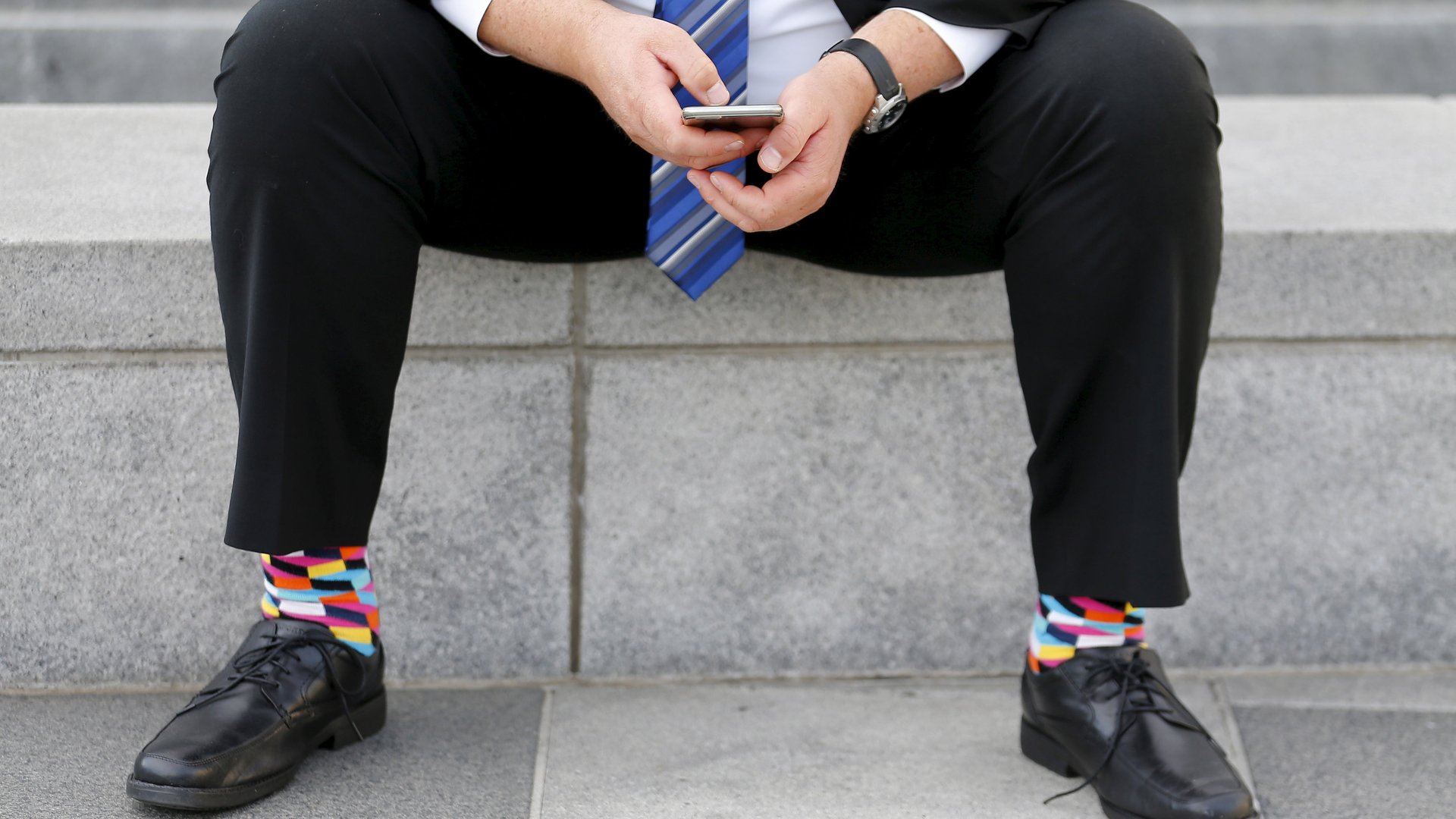Americans basically agree that shopping is “a great cure for boredom”
Shopping isn’t just about trading cash or credit for goods. Plenty of people do it purely for enjoyment. Since there’s a screen and an internet connection just about everywhere you look, Americans are turning online shopping into a national pastime.


Shopping isn’t just about trading cash or credit for goods. Plenty of people do it purely for enjoyment. Since there’s a screen and an internet connection just about everywhere you look, Americans are turning online shopping into a national pastime.
In a survey by Ebates, a site that gives members rebates for online purchases, 66% of American adults and 75% of teens agreed that shopping is a “great cure for boredom.” Even more—85% of adults and 86% of teens—said it makes them feel better, and the best cure for ennui is buying clothes.
The survey lends more weight to what any casual observer can discern. Shopping online has become a hugely popular leisure activity that, like the old custom of going to the mall, often has nothing to do with need.
Ebates polled more than 1,000 adults (18 and over) and 500 teens (13-16) this month. Instant.ly, which market-research firm SSI acquired in January, conducted the survey. While Ebates has an interest in convincing people to shop online—Go on, it will make you happy!—the findings aren’t exactly novel.
Andrew Lipsman, vice president of marketing and insights at internet research firm ComScore, told Quartz last year, a great deal of online shopping isn’t even purchasing. It’s research and entertainment. “One of the platforms that I think is really interesting right now is Pinterest, in part because people browse it for entertainment when a lot of the content is retail content,” he said.
Other studies focusing on Millennials have found that the group doesn’t spend a lot, but it loves to browse. The lure is gender neutral. Guys as well as women scour resale sites for sought-after designer items.
In the Ebates survey, more than a third of adults and teens all said shopping made them feel better than working out or eating pizza or ice cream, and just as many shopped while watching TV.
The growth of this kind of shopping is forcing retailers to rethink how customer transactions happen. “In this environment, shopping as a discrete activity in a given place and time takes a distinct back seat,” Werner Reinartz, a professor of marketing at the University of Cologne, wrote recently in Harvard Business Review. Instead, “the transaction becomes an ambient activity that is executed everywhere (at home, on the go, at work, in leisure) and anytime.”
Our shopping addiction is likely to be further fueled by social media outlets such as Facebook and Instagram as they integrate more shopping into your feed.
You’ll never be bored again.